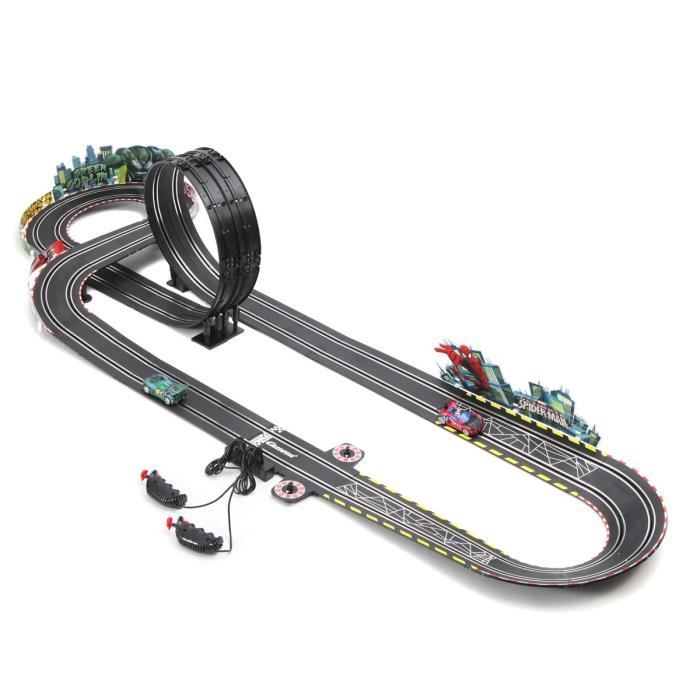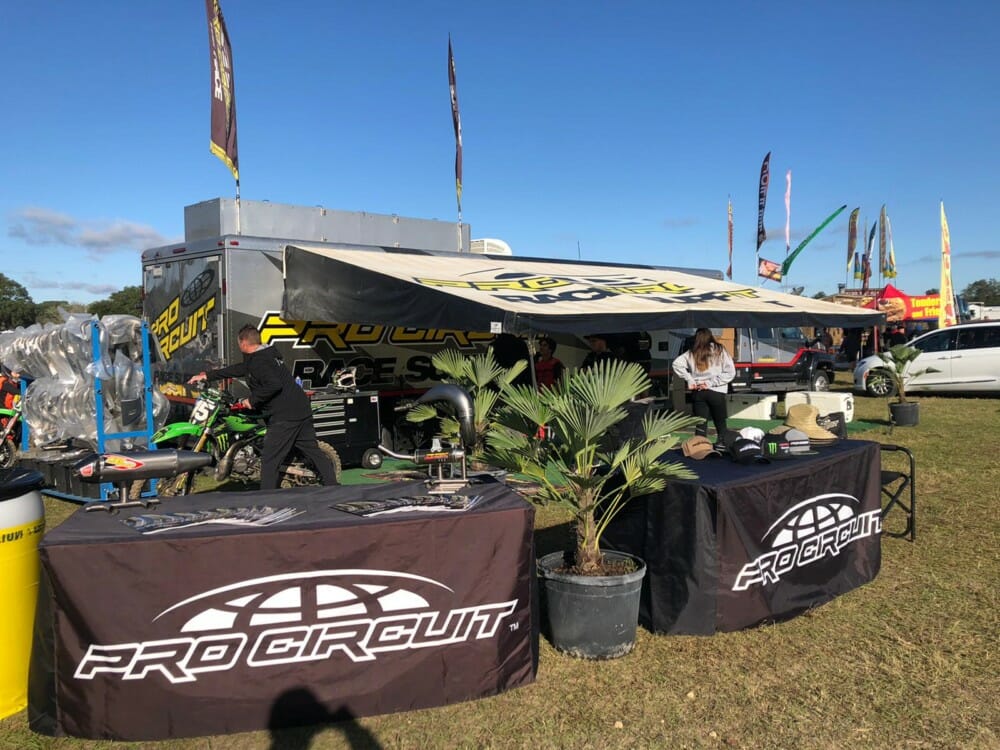



Hot Wheels, the popular toy brand came to the team's rescue. Payton was forced to search for financial sponsorship as Kawasaki was only able to supply bikes and parts as they had already assigned their sponsorship cash pool to other teams. Honda's withdrawal lead to financial struggles. This partnership formed late in the 1992 offseason as the team expected continued support from Honda.
Professional circuit racer man pro#
The season of 1993 was Team Pro Circuits first year with sponsorship from Kawasaki motorcycles. Team Splitfire / Pro Circuit / Kawasaki: 1993–2000 Team Pro Circuit didn't have the same success in the East division.ĭespite a successful two seasons, the end of 1992 saw Honda decide to dissolve their support for the team. In 1992 Jeremy McGrath again won the Supercross Lites West championship aboard a Honda, with Buddy Antunez following behind in second place. From this point the team established its place as a front runner in the Supercross lites championship. This represented a monumental achievement for the team. Both Jeremy Beuhl and Steve Lamson finished in podium positions in their respective Supercross lites championships. In 1991 Team Pro Circuit won the Supercross lites class in the west division ( rider: Jeremy McGrath) and east division ( rider: Brian Swink). McGrath was startled when Honda assigned him to Team Pro Circuit as the team was brand we and considered to be a satellite team. McGrath signed a contract Factory Honda from amateur racing. The most notable rider to join the team in its first year was Jeremy McGrath.
Professional circuit racer man professional#
In 1991 Payton ventured into professional racing with Team Peak / Pro Circuit/ Honda. Team Peak / Pro Circuit / Honda : 1991–1992 Payton accepted forming what formally became known as a "satellite" style team. De Coster met with Payton to try his performance parts, specifically his exhaust pipe and modified engine, De Coster was impressed and contracted Payton to supply his team with engines.Īt the end of 1990 De Coster approached Payton and asked him if he would be interested in taking over the Factory Honda racing team in a management position. Payton's success caught the attention of big name riders and industry people alike, including Motorcross legend Rodger De Coster who was running the Factory Honda professional racing effort at the time. Payton took this success as a sign he should expand his product line even further to making parts for all makes and models. Sales of the exhaust far surpassed Payton's expectations. The first component he produced for a make of motorcycle other than Husqvarna was an exhaust for a 125cc Honda motorcycle. A Friend of Payton campaigned for him to build parts for other brands of motorcycles, something at the time Payton thought was redundant as those motorcycles seen to have good performance. Payton's solution was the creation of a business name to sell his parts, "Pro Circuit". Payton thought it unlikely that other motorcycle shops would stock and sell his performance parts if they were marketed under the business name of his motorcycle shop, which was competing for customers. Along with selling Motorcycles themselves, Payton designed and produced components such as exhaust pipes and suspension components to improve the performance of the motorcycles. įollowing the incident, Payton wanted to stay in the motorcycle racing community and did so by purchasing the motorcycle store that supported him during his racing days " Anaheim Husqvarna " in 1978. Payton fell violently down a steep hill, damaging the nerve passages along his spine, resulting in him losing the use of his legs. At age 17, Payton was racing in California City, California. His passion developed over the years to the point where he was racing motorcycles competitively in the deserts of California. Team Owner Mitch Payton started riding motorcycles when grandparents bought him a Honda C90 Step Through.


 0 kommentar(er)
0 kommentar(er)
